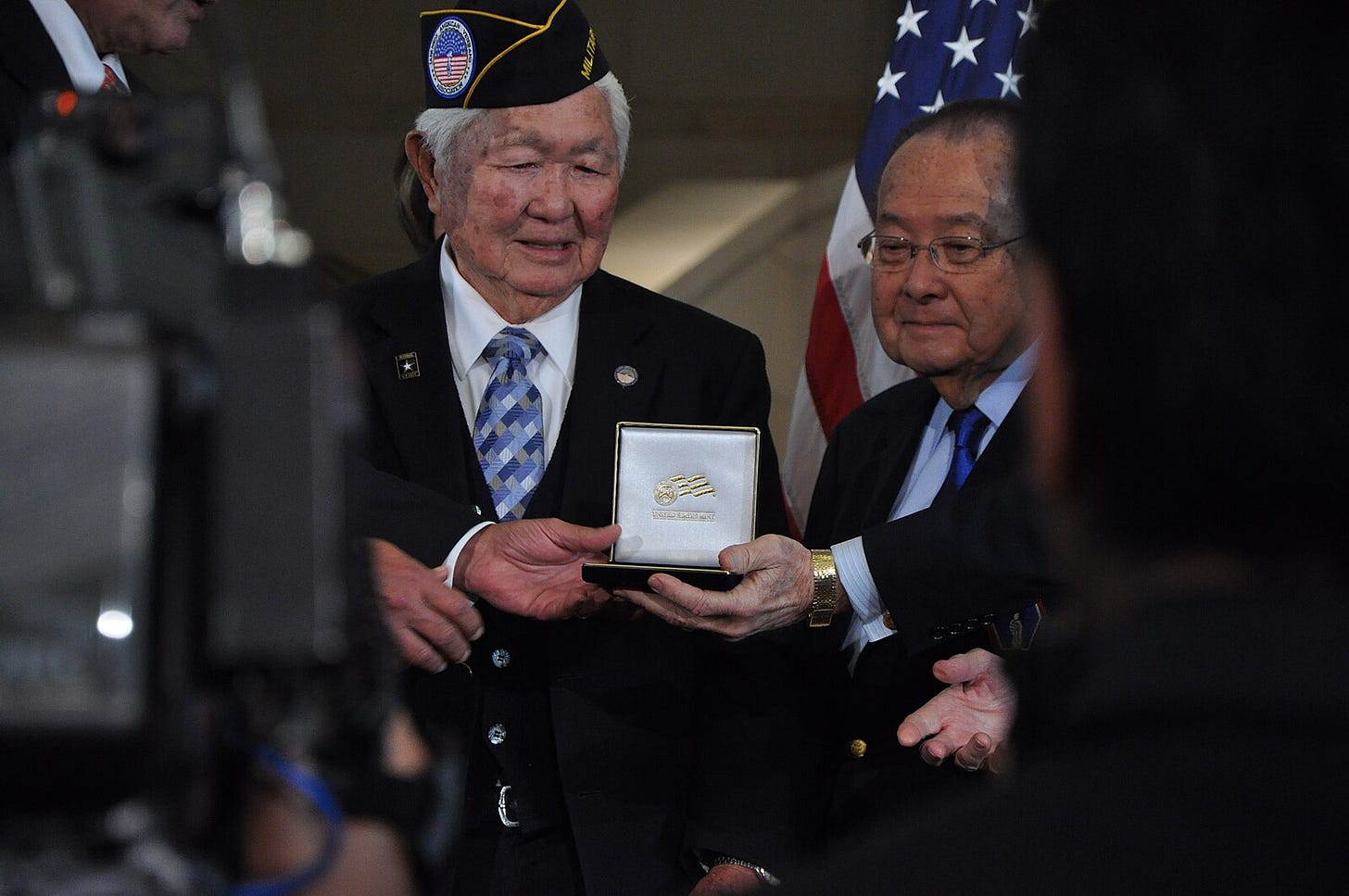In defence of the old boys (and girls) network
Why getting slightly drunk with your political adversaries might save democracy
Sometimes, Westminster doesn’t help itself. Last Thursday evening, MPs from across the political spectrum gathered in central London to quaff champagne, gaze at navels and, naturally, hand each other gongs. Happy Spectator Parliamentarian of the Year Awards to all who observe.
Except, I don’t think this is quite right. Not that there weren’t plenty of sore heads the following morning or statuettes destined for the downstairs loo, but the snarky view that events such as these fall foul of what The Economist’s Duncan Robinson calls the four worst words in British politics — “Not a good look.”
Size matters
The UK is not a large country and the pool from which its political class has historically been drawn is even smaller. No fewer than 20 of 58 prime ministers were educated at Eton College, while 45 attended either Oxford or Cambridge universities. In short, everyone knows everyone, and have often done so since they were either in short trousers or long gowns.
Such a system has its flaws, of course. The prototypical example is hereditary monarchy. Families may be blessed with one or two wise heirs. But eventually, the bloke sitting on the throne is going to be a total duffer, and the entire operation — perhaps even empire — collapses in a heap. Nevertheless, there are clear advantages to keeping small.
In nature, that might be agility, in business clarity of purpose and on aeroplanes more legroom. In politics, it is the ability to put a human face on a rival. It is simply much harder to condemn your opponents as deplorable or evil if you have seen them vomiting up some greenish-blue concoction following a particularly grizzly game of Ring of Fire.
Small networks in the UK make it easier to humanise rivals. Governing a larger, more diverse nation is more challenging, as the United States routinely demonstrates. There, political elites still gather, the Ivy Leagues continue to educate their children, but sprawling geography and a vastly bigger population amplifies the distance between elites. America also retains a greater affinity for place.
While the favoured sons and daughters in the UK cast their nets wide in pursuit of a safe seat, Americans still largely expect their politicians to represent their home states. And so despite his obvious political talents, someone like former US Transportation Secretary Pete Buttigieg is unlikely to become a senator, simply because he happens to hail from Indiana, which last year voted for Donald Trump by 19 points.
There are numerous causes of partisanship and polarisation in the US in recent decades, from the Supreme Court decision which determined that money is akin to speech to the system of presidential primaries and the rise of first cable news and more recently algorithmic social media. But one interesting aspect has been the decline of veterans serving in Congress.

The post-World War II era was characterised by low levels of partisanship, again for disparate reasons. But some academics do find veteran lawmakers more willing to collaborate with members of the opposite party, and that these effects are especially evident among those who served on active duty. This makes intuitive sense.
And while debating in the Oxford Union in the 1980s before getting blind drunk at the Bullingdon Club and smashing up tables or glassware is not quite as heroic as partaking in the liberation of Europe or the Battle of Iwo Jima, it still helps to forge a shared history that makes it harder to see your future political adversaries as irredeemable.
And the Oscar goes to…
The Spectator Awards were not without their political drive-by shootings. Yet these were, notably, almost entirely intra-party affairs. Newly elected Labour deputy leader, Lucy Powell, used her ‘Disruptor of the Year’ winner’s speech to sarcastically thank Keir Starmer’s chief of staff, Morgan McSweeney, for “campaigning so effectively for me to get this award this evening.” Meanwhile, host and former Tory leadership candidate, James Cleverly, took his own swipe at Robert Jenrick’s thinly veiled manoeuvres.
Clearly, the British governing class has not covered itself in glory these last couple of decades. Living standards have stagnated, trust in politics has cratered and one administration literally banned socialising before going on to throw boozy parties in Downing Street. But I hereby commit an even greater sin than calling the sort of chumminess on display last week “a bad look”. That is, the sin of earnestness.
It is all too easy to dehumanise our opponents. To rationalise hatred, dismiss their ambitions or fears, even to justify violence against them. In fact, we see it all the time. Stupid, fun and no doubt slightly smug events such as awards ceremonies can’t prevent that by themselves. Nor is the narrowness of our political talent pool an unalloyed good.
But a slightly drunken toast and a shared laugh across party lines — these are the guardrails that no law or constitution can provide. And that is a good look.




The veteran US Senate Majority Leader Mitch McConnell always seemed a most difficult person. So perhaps he was an exception to your rule about US veteran legislators being all goody goody. I first realised that something bad portended in Washington - towards the end of the Obama administration in 2016. Remember SCOTUS Chief Justice Scalia (I think) who died at the beginning of that year. Republicans, incl. McConnell, had the temerity to refuse to pursue the process of his replacement on the grounds that Obama was nearing the end of his allotted time. So a Court vacancy for almost 12 months. That was truly perverse.